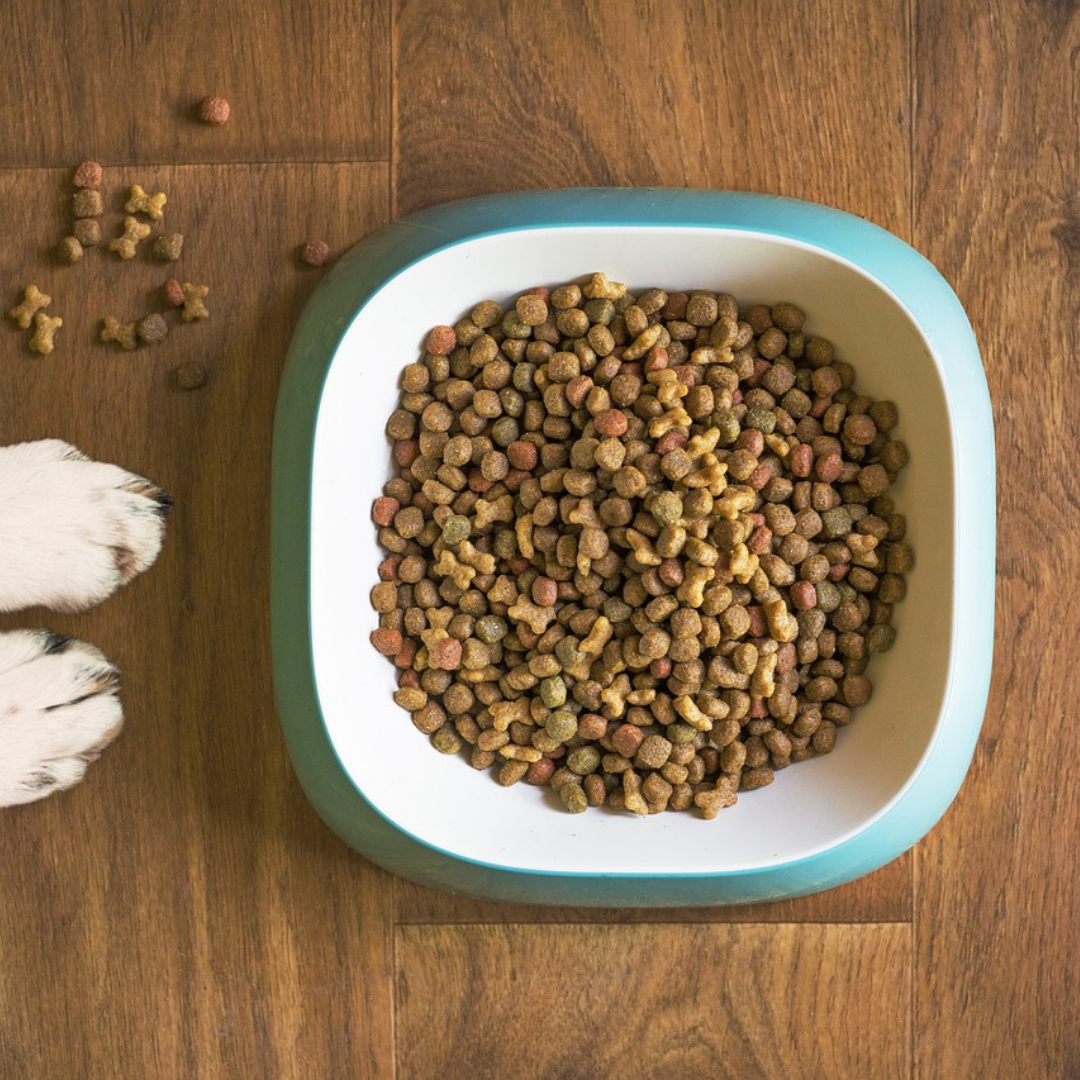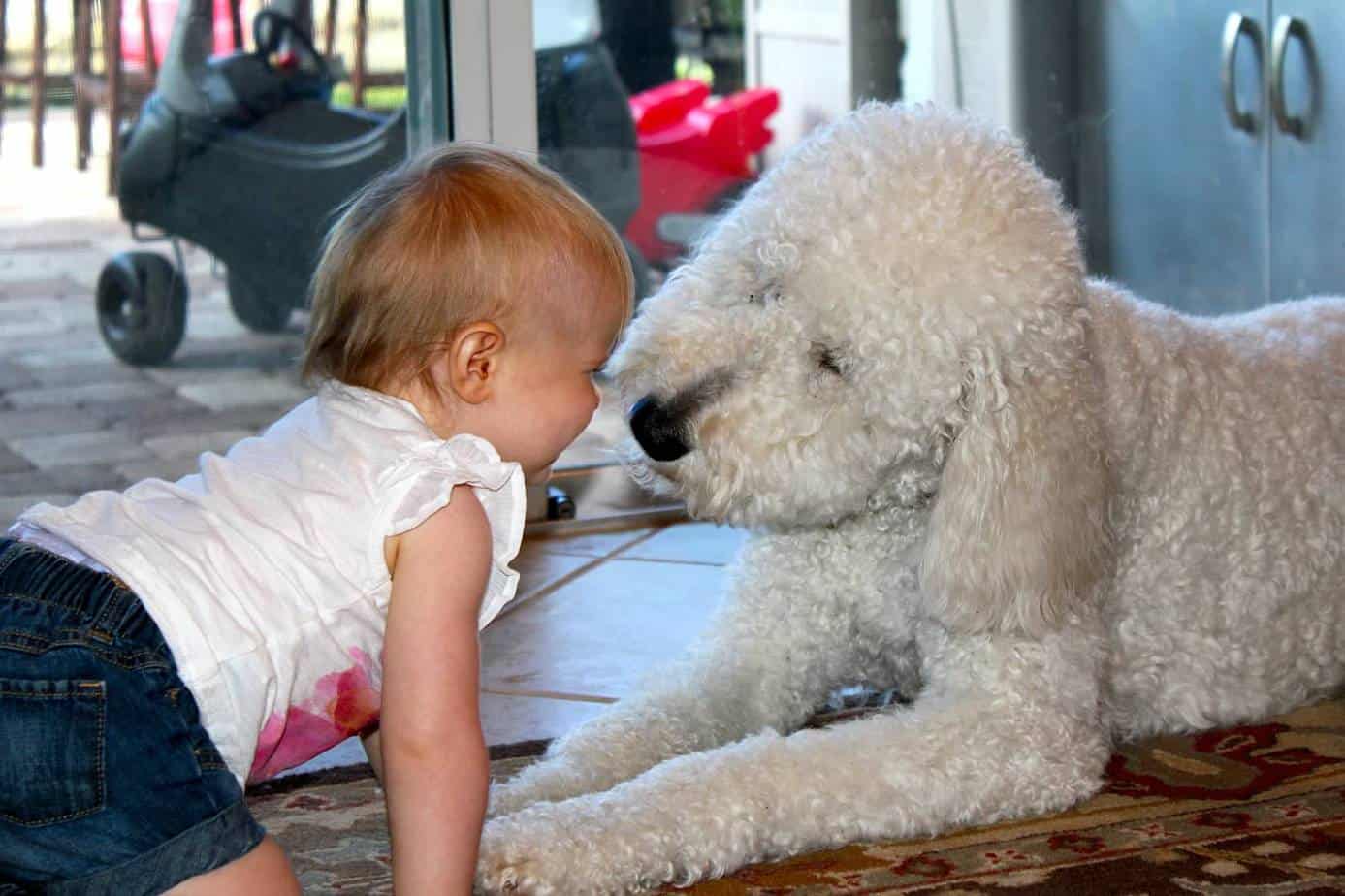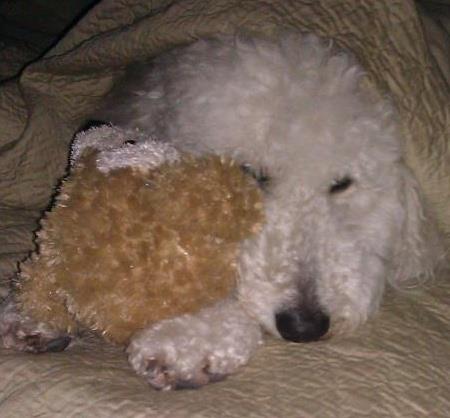3 Reasons Why You Should Feed Your Pet on a Schedule


Many Americans are pet lovers and will go out of their way to provide care for their animal friends. Perhaps, it is why about 90.5 million households own either a dog or a cat at home. Pet caring requires great responsibility, time, and attention. Without these three elements, it can be difficult to keep a pet or commit time to take adequate care. For example, there is a debate on whether or not pets should be fed on a schedule. This article focuses on why scheduled feeding may be a better option. Below are some reasons.
Feeding on schedule can prevent obesity
Being in control of what your pet eats goes beyond providing them with food. Instead, the additional attention to detail can make all the difference. Feeding your pet on a schedule can keep obesity at bay. It is easier for the owner to know what, when and how much is consumed. Unfortunately, some pet owners who feed their domesticated animals at will may be doing more harm than good.
There is always the risk of overfeeding, which can inadvertently lead to excess weight that may not augur well for your animal friend. For example, the caloric intake of an adult male dog varies from what a puppy should take; a neutered adult dog needs 400 calories a day. The same applies to adult cats and their kittens. However, that will also depend on their daily activity levels. This may lead you to count your pet’s daily caloric intake and track what they eat. Since it may be difficult to decide which pet food brand offers the best calories, you should gather all the relevant information before choosing. For example, Freshpet reviews have everything you need to know about the brand.
Establishes a healthy routine for pets
Cats and dogs do well with established routines. They tend to behave better when they’re used to routines. They can tell when it’s feeding time. Those with access to their feeding bowl may loiter around it if you’re lucky. Your pets know when they are loved, which helps establish a bond with their owners. A consistent feeding schedule also makes them dependent on you. Coupled with other forms of training, they may learn to accept food only from their carers. The trick is to stick to the schedule and avoid excessive deviation from what you’re used to.
Helps you know when your pet is unwell
A healthy pet has an equally healthy appetite. Their ravenous enthusiasm for food is usually a clear indicator of overall wellbeing. On the contrary, when your pet refuses to eat or merely nibbles at the bowl and moves away, it could indicate something wrong. They are not hungry, or they feel unwell. Scheduled feeding can help you pick up on these signs quickly. Better yet, you can tell when it started. However, if you practice free-feeding, it may take a while to notice their appetite loss or know the period that began. Appetite loss in a pet could be due to gastrointestinal infections, inflammation, or a metabolic disorder.
Scheduled feeding helps you take control of your pet’s food portions. It establishes a structure and effectively contributes to housebreaking. That is some good news when you live with pets.





